In latest crackdown, Saudi Arabia’s bin Salman orders arrest of 207 rivals, dissenters
In his latest sweeping crackdown on political dissent, Saudi Arabia’s Crown Prince Mohammed bin Salman has ordered the arrest of at least 207 employees from different ministries under the guise of fighting corruption.
The announcement came Monday from the kingdom’s so-called National Anti-Corruption Commission, known as ‘Nazaha,’ which reports directly to bin Salman and is notorious for silencing his critics.
It is not exactly clear when the new arrests were made and the names of those arrested have not been disclosed by the Saudi authorities.
The politically-motivated purges by the Saudi heir apparent, which began in 2017, have helped him consolidate power, sideline potential challengers, silence critics and eliminate royal family alliances.
Mohammad bin Salman, popularly known by his initials MBS, is accused of amassing huge wealth, drawn from the state exchequer, which has prompted many court officials to complain of rampant corruption and squandering of public funds. The complainants have in turn been silenced with force.
Nazaha, in a statement on Monday, said more than 460 people were investigated in the latest round, of which 207 people were detained on “allegations of corruption, abuse of authority and fraud.”
The accused, who belong to the military forces and a range of ministries including defense, interior affairs, health and justice, will be referred to prosecution, it said.
Observers have long pointed to extra-judicial execution of dissenters in the kingdom, who are denied fair trials or even the chance to hire lawyers to plead their case.
In April this year, Nazaha said 176 people from across the public sector had similarly been arrested.
Series of purges
Bin Salman, who became the Saudi crown prince in June 2017, has taken extreme measures to secure his power and to sideline all his potential political rivals within and outside the royal family.
There have been at least five major purges and one mass execution in the kingdom since the paranoid prince rose to power. He has ordered the arrest of top Muslim scholars, businessmen and royals, the witch-hunt against women activists and human rights lawyers, and the axing of top regime officials.
The goal has been to completely transform the Saudi political system into a more centralized system in which power is wholly and exclusively concentrated in bin Salman’s hands.
The series of purges began in November 2017, five months after assuming power, when bin Salman targeted more than 300 Saudi princes, public figures and businessmen.
Saudi police, on the orders of bin Salman, arrested the country’s most influential figures —11 princes — and held them incommunicado at the luxurious Ritz-Carlton hotel in Riyadh for months.
While the arbitrary arrests were advertised as part of an anti-corruption drive, the real motive was to sideline and silence potential rivals to bolster his own power.
The kingdom never released the names of those detained, but they included billionaire Prince Alwaleed Bin Talal and Saudi construction tycoon Bakr bin Ladin.
Last year, two more high-profile regime figures were fired from their positions and referred to trial.
They included Lieutenant General Fahad bin Turki bin Abdulaziz, a prince who oversaw the Saudi war in Yemen, and his son Prince Abdulaziz bin Fahad bin Turki, who was deputy governor in the Jawf region.
Fahd bin Turki is the son of his father’s brother, who presented a challenge to his political position. Salman’s brother Prince Ahmad and his nephew Mohammed bin Nayef, are already in detention, targeted in previous purges.
Four HTS-affiliated gunmen killed in armed attack in northwestern Syria
VIDEO | Brazilians protest against bids to ease punishment for Bolsonaro, allies
VIDEO | Australia hails Muslim ‘hero’ Ahmed al Ahmed who disarmed gunman in Sydney attack
Palestinian abductee dies in Israeli prison amid rampant ‘slow execution’
VIDEO | New Yorkers embrace Central Park's first snowfall
Far-right Kast sweeps Chile’s presidential election
Hamas says reserves right to retaliate for commander assassination
Civilizations must unite against unilateralism, warmongering: Iran’s deputy FM


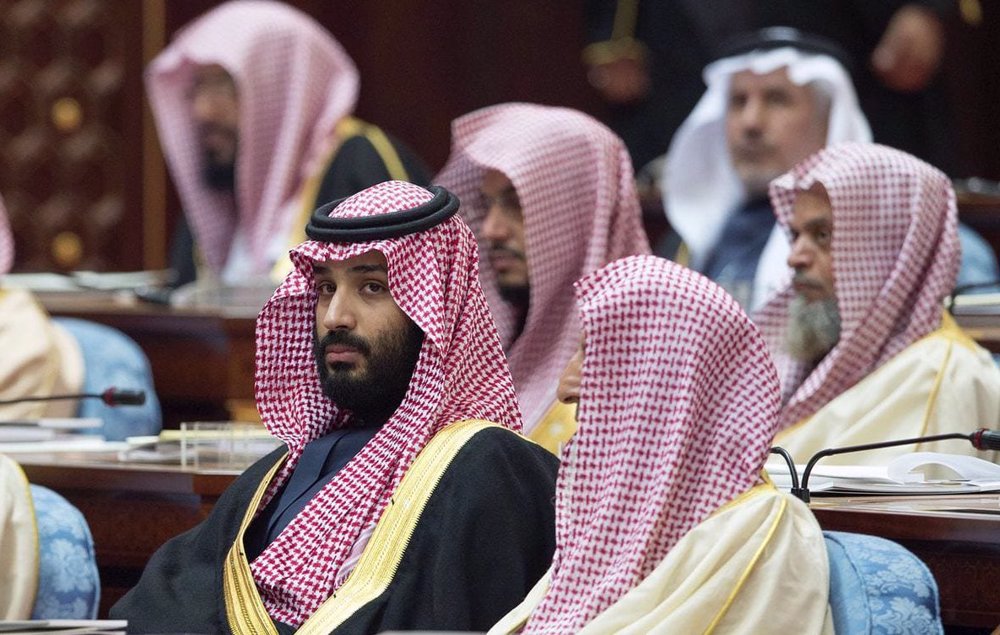
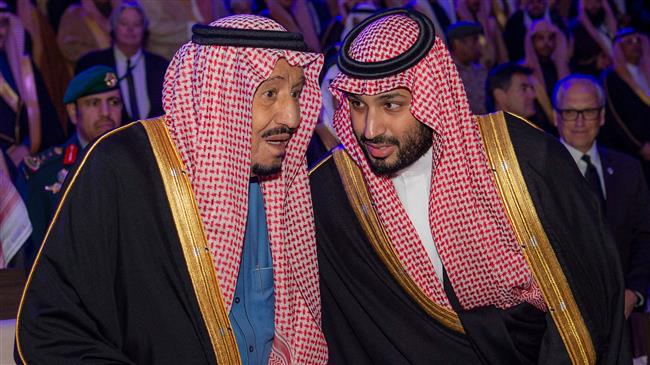
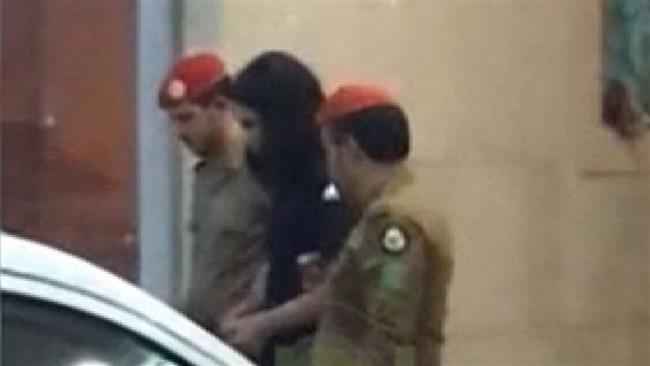
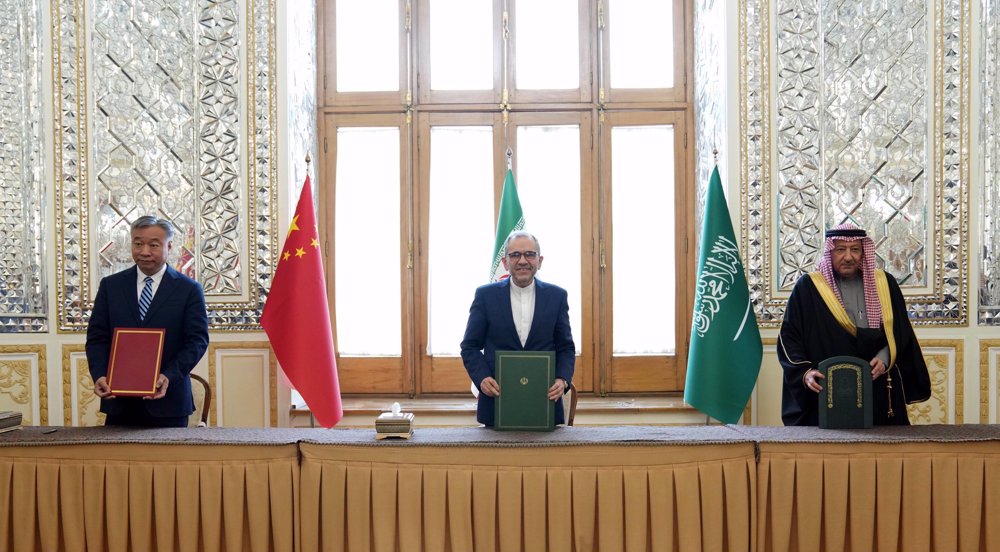
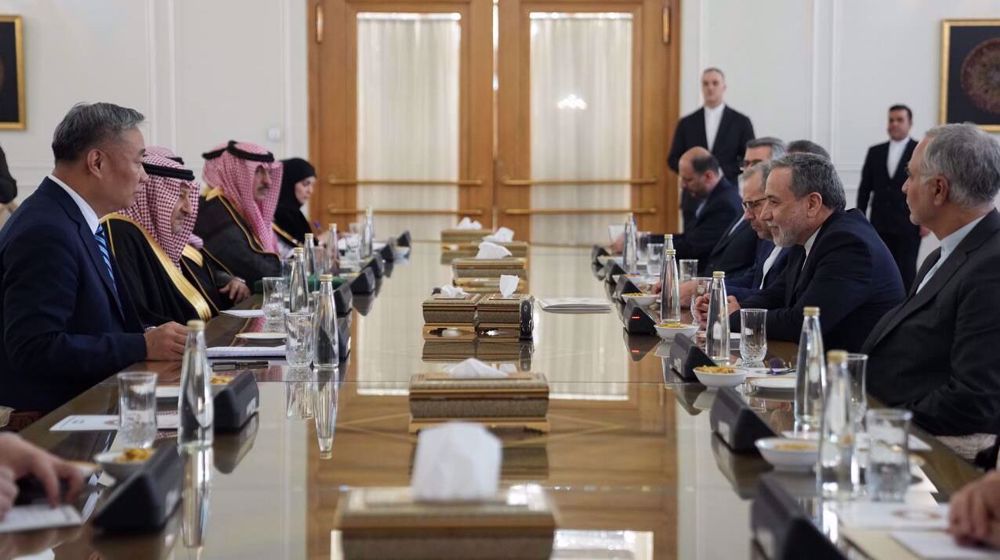
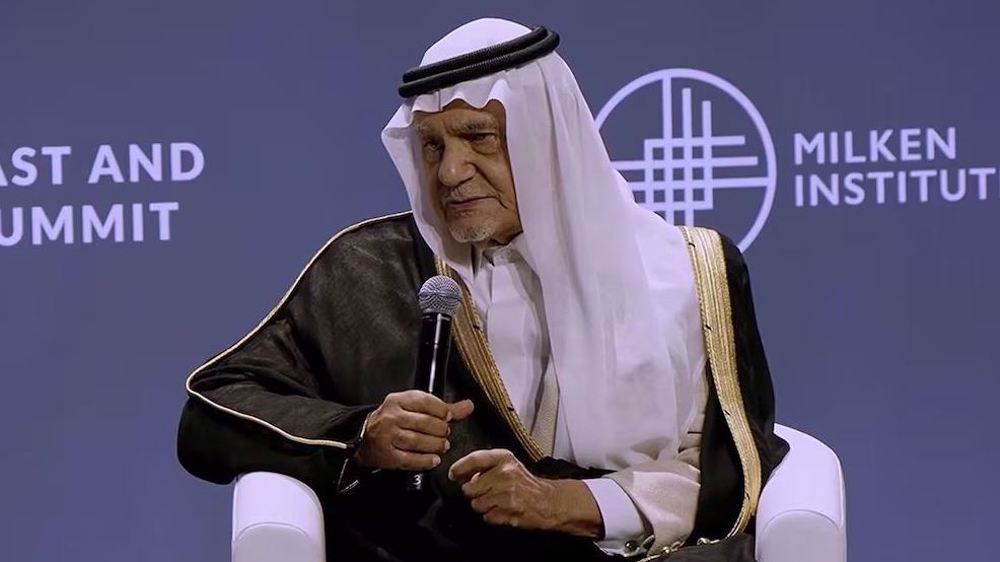



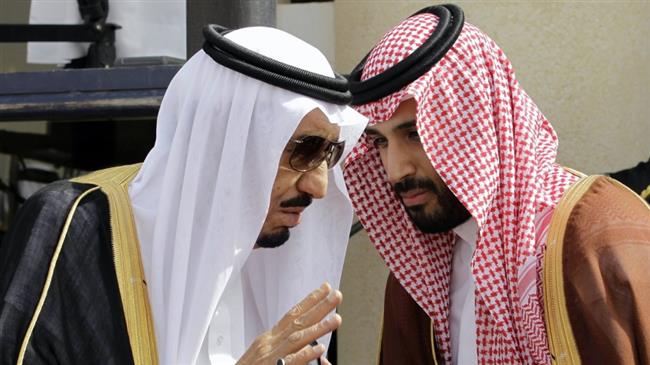
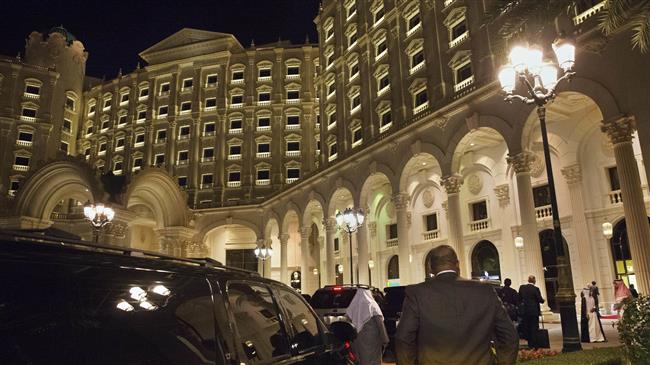
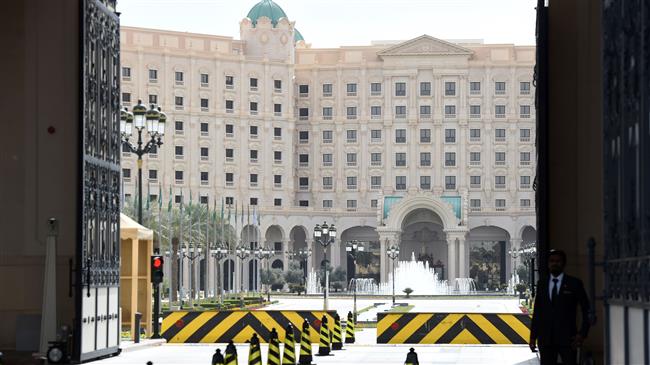
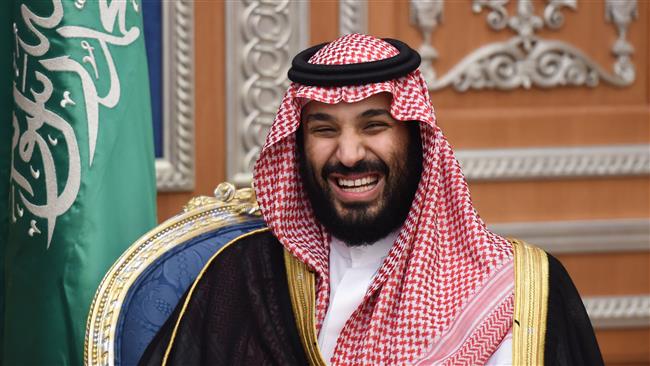
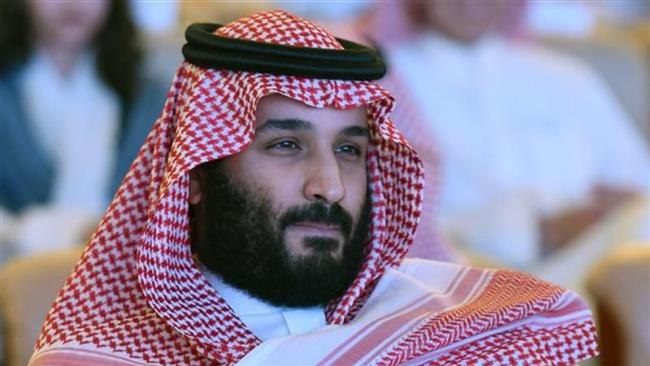

 This makes it easy to access the Press TV website
This makes it easy to access the Press TV website